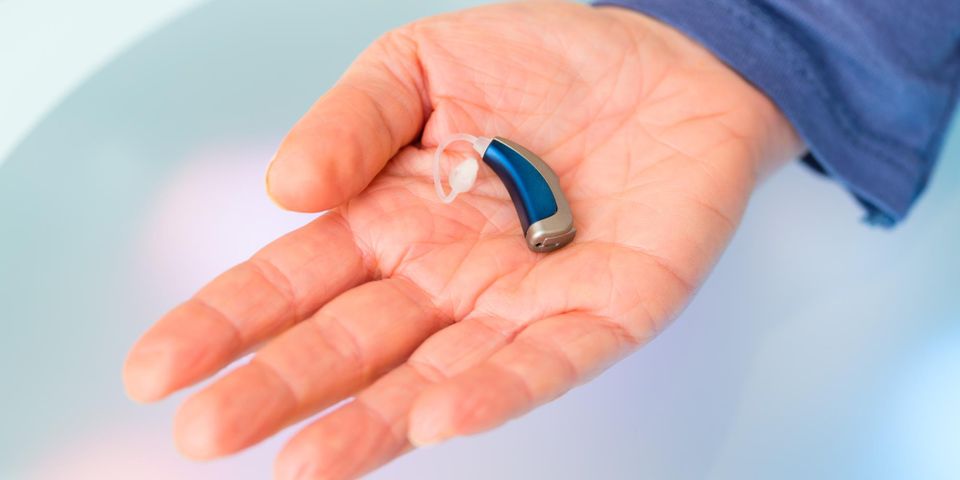
Certain people are at a higher risk for hearing loss due to problems affecting the inner ear, which can impact hearing. Fortunately, hearing aids can help you hear again—even if damage has already been done. Here is a brief overview of how hearing aids work.
A Guide to Hearing Aids
What Causes Hearing Loss?
Genetics, loud environments, and even lifestyle habits like smoking can disrupt auditory neurotransmitters in the inner ear, causing hearing loss. Inside your cochlea, which is located in your inner ear, 15,000 tiny hair cells are responsible for transmitting the sounds you hear to your brain. However, loud environments and a variety of other issues can damage these hair cells, causing hearing loss.
How Hearing Aids Amplify Sound
All hearing aids have four basic components: a microphone, an amplifier, a speaker, and a power supply. The microphone picks up sounds from the outside world and converts them into an electronic signal. The amplifier converts the signal back into an audible sound. The speaker in your ear then plays the sound, and the battery keeps everything operational.
 Many modern hearing aids can be set to bypass the microphone and connect directly to electronic devices like smartphones, tablets, or computers. When this happens, hearing aids become like Bluetooth® headphones, making it easier to connect with others over the phone or computer.
Many modern hearing aids can be set to bypass the microphone and connect directly to electronic devices like smartphones, tablets, or computers. When this happens, hearing aids become like Bluetooth® headphones, making it easier to connect with others over the phone or computer.
What Kinds of Hearing Aids Are Available?
People today have access to many varieties of hearing aids. In addition to behind-the-ear hearing aids, patients can also take advantage of in-the-ear hearing aids, which only have a small transmitter that pokes out of the ear canal. You can also purchase aids that are made to sit completely within the ear canal, making your hearing loss invisible to the outside world.
If you have concerns about your ability to hear, reach out to Augusta Audiology Associates in Fishersville, VA. With a commitment to offering quality care, these professionals can help you to zero-in on hearing loss solutions to improve your everyday life. Learn more about their inventory and approach to hearing loss by visiting their website. Call at (540) 332-5790 to schedule an appointment.
About the Business
Have a question? Ask the experts!
Send your question

